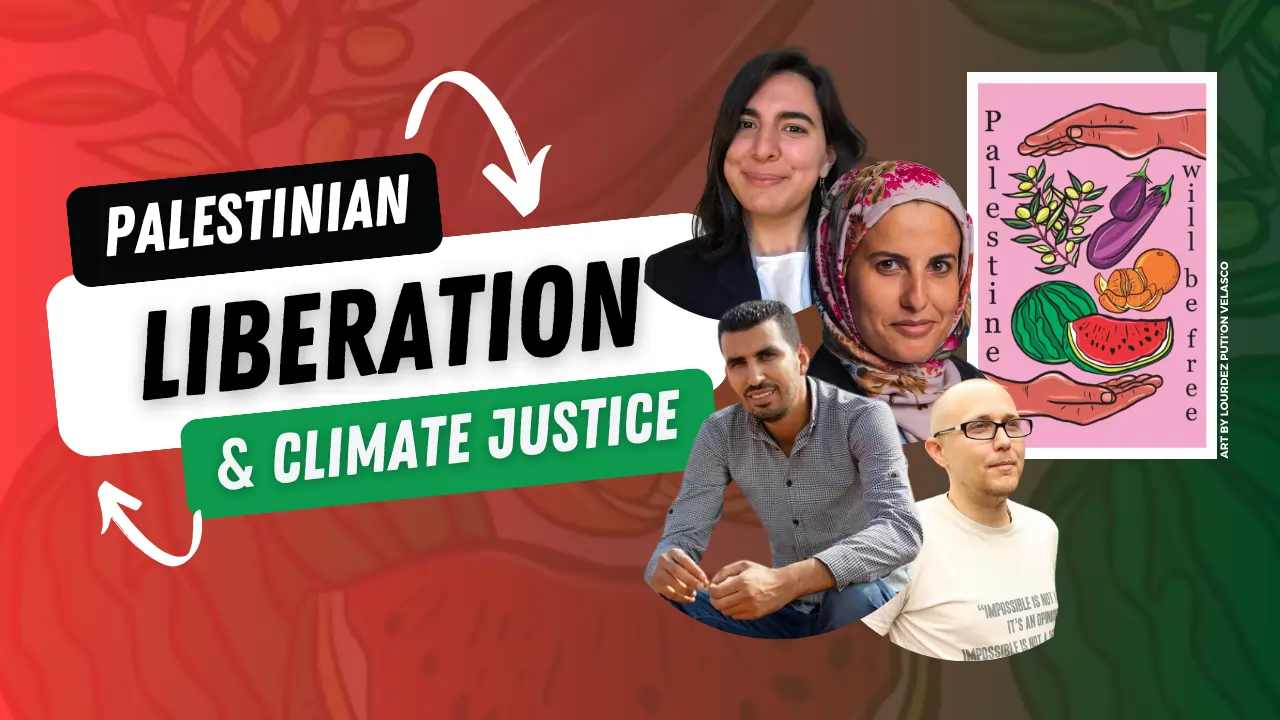AGRICULTURAL WORKERS HAVE STRUGGLED FOR DECADES. THEY NEED COVID-19 RELIEF NOW (23 APRIL 2020)
Truthout: My grandfather, who was a dairy farmer all his life, cried when he dumped his milk. It’s downright painful to watch your hard work literally go down the drain. That was in the late 1960s, when my family and many others dumped their milk out of protest — they did so with hope that keeping product off the market would grant them power to later negotiate a fair price from buyers.
WE ARE KILLING THEM (23 APRIL 2020)
CounterVortex: By now, the effects of COVID-19 on American life and society are widespread and deeply felt, almost regardless of one’s socioeconomic status. However, for undocumented immigrants in the United States, the COVID-19 crisis compounds issues that have existed for years, exposing immigrants to a barrage of political, social, and economic storm fronts that have disastrously collided at once. News outlets have reported on the real consequences of the near-national shutdown across the country. However, many recent news articles that cover the effects of COVID-19 on immigrants run the risk of understating the uniquely devastating effects that the virus has on undocumented immigrants and their families.
MEXICAN WORKERS STRIKE FOR PAID HOME LEAVE (22 APRIL 2020)
CounterPunch: Wildcat strikes involving hundreds if not thousands of workers erupted in the mainly foreign owned factories (maquiladoras) of northern Mexico in recent days. Alarmed by sick co-workers, including some of whom had reportedly succumbed to the health effects of the COVID-19 coronavirus, workers demanded that, in accordance with a federal decree ordering the closure of non-essential industries, companies send their workers home with 100 percent salary compensation.
U.N. CHIEF SAYS THERE’S A BIGGER THREAT THAN CORONAVIRUS (22 APRIL 2020)
Portside: NEW YORK — United Nations Secretary-General António Guterres will use a video speech marking the 50th Earth Day on Wednesday to confront President Donald Trump and directly link coronavirus with climate change. The stark language of Guterres’ prepared remarks, obtained by POLITICO, marks a new willingness by the U.N. chief to challenge the Trump administration, which recently halted funding to the World Health Organization, the U.N. health agency, and formally withdrew from the U.N.’s landmark 2015 Paris climate change agreement last year.
The Lily: A universal basic income. Special emergency funds for marginalized groups, including undocumented immigrant women, domestic workers, women with disabilities and sex-trafficking survivors. Waived co-payments for covid-19 tests and treatment, including for incarcerated women. A 20 percent pro rata share of the covid-19 response funds the express recovery needs of the indigenous population. A $24.80/hour minimum wage for single mothers. Free, publicly-funded child care for all essential workers.



